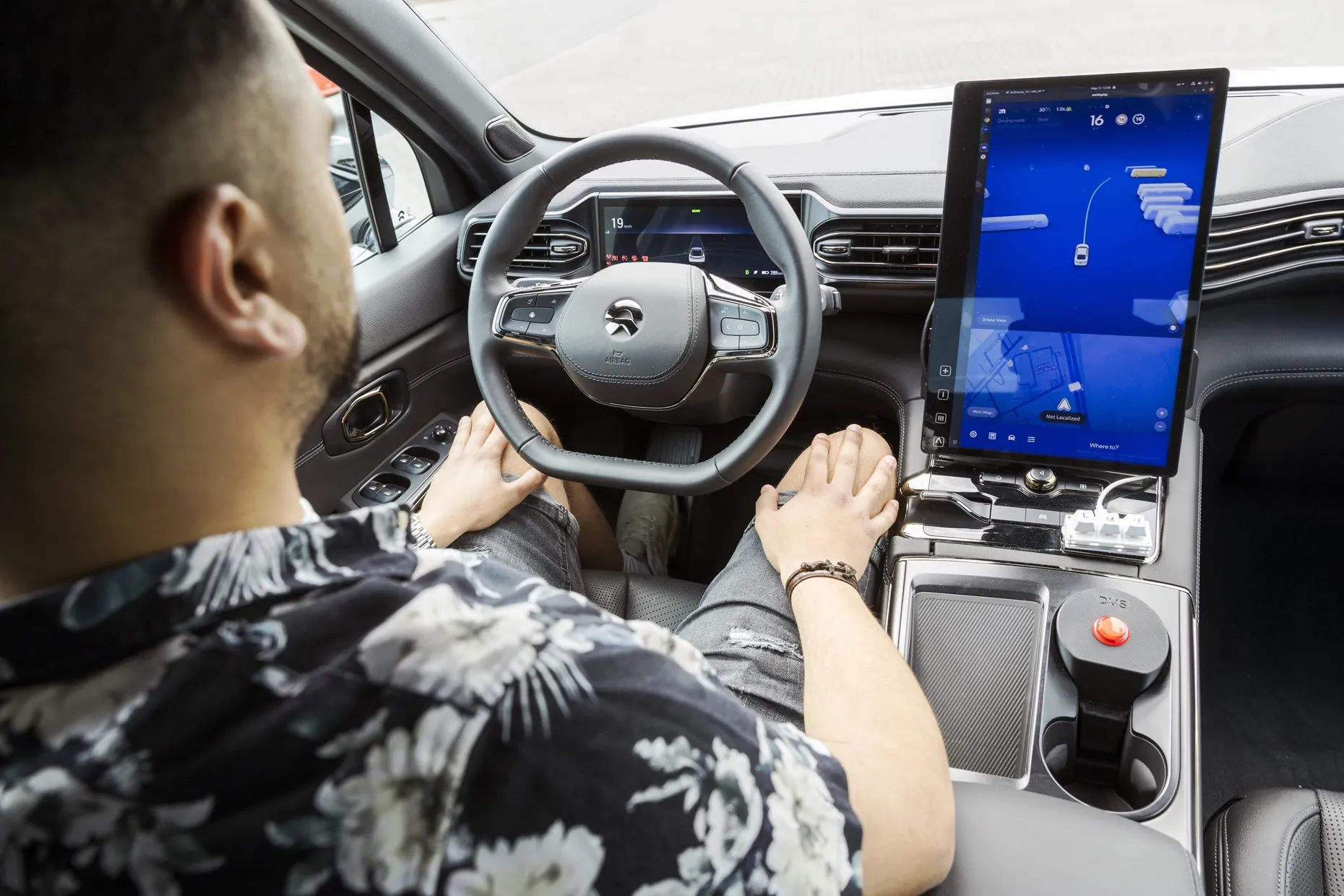Ford has announced its intention to have a high-volume, fully autonomous vehicle in commercial operation in 2021.
The new vehicle will be a Society of Automotive Engineers-rated level 4-capable vehicle without a steering wheel or gas and brake pedals. It is being specifically designed for commercial mobility services, such as ride sharing and ride hailing, and will be available in high volumes.
SAE level 4 is one level below full automation and is defined as ‘mode-specific performance by an automated
August 17, 2016
Read time: 3 mins
The new vehicle will be a Society of Automotive Engineers-rated level 4-capable vehicle without a steering wheel or gas and brake pedals. It is being specifically designed for commercial mobility services, such as ride sharing and ride hailing, and will be available in high volumes.
SAE level 4 is one level below full automation and is defined as ‘mode-specific performance by an automated driving system of all aspects of the dynamic driving task, even if a human driver does not respond appropriately to a request to intervene’.
To get there, the company is investing in or collaborating with four start-ups to enhance its autonomous vehicle development, doubling its Silicon Valley team and more than doubling its Palo Alto campus.
Autonomous vehicles in 2021 are part of Ford Smart Mobility, the company’s plan to be a leader in autonomous vehicles, as well as in connectivity, mobility, the customer experience and data and analytics.
It involves tripling its autonomous vehicle test fleet to be the largest test fleet of any automaker – bringing the number to about 30 self-driving Fusion Hybrid sedans on the roads in California, Arizona and Michigan, with plans to triple it again next year.
“The next decade will be defined by automation of the automobile, and we see autonomous vehicles as having as significant an impact on society as Ford’s moving assembly line did 100 years ago,” said Mark Fields, Ford president and CEO. “We’re dedicated to putting on the road an autonomous vehicle that can improve safety and solve social and environmental challenges for millions of people – not just those who can afford luxury vehicles.”
He said that Ford ramping up its team size in Palo Alto and partnering with Baidu to invest in Velodyne does not come as a surprise on many fronts. Baidu is a serious contender in this game, working with BMW in China on its autonomous vehicles, and its capabilities in mapping, machine learning and vision processing, makes it a strong partner to have. Baidu is also bringing its technology to the US and with the investment in Velodyne have both a hardware and software strategy for autonomous vehicles."
He concluded, "Ford, by focusing on doubling its team size in Silicon Valley, is taking the right step by focusing on the software side of development, which is crucial for success with its autonomous roadmap. And as far as Velodyne is concerned, it is the most reliable and experienced hand amidst the lot of LiDAR suppliers which include the likes of Quanergy, who are struggling with development pressure and meeting required price points. So in all, it's a win-win game for everyone involved in this deal."








